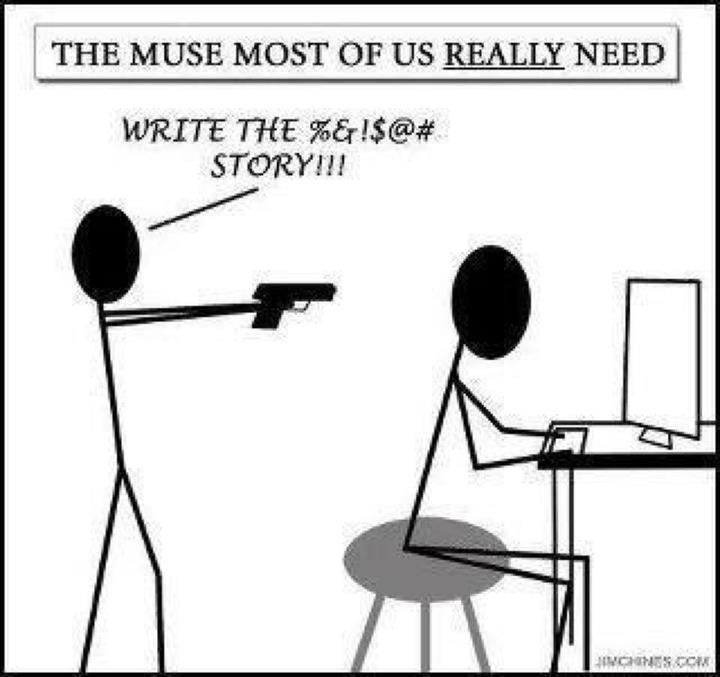
John has a wonderful post about the very topic on my mind this week--how to start a book. Nothing strikes terror in the heart of a budding or experienced novelist more than writing the first pages.
Years ago, writers were not expected to snag readers on the very first page. That has changed. Now to even get past an editor--let alone the reader--it's instant captivation or risk losing gentle reader to another author.
My contribution on this will be short because John Corrigan's post, In Medias Res, says it all. I had to look this up by the way. It means beginning in the middle of things. It doesn't necessarily answer the question of how to begin a novel. At a certain point in learning the craft of writing, the guidebooks no long work. You have to figure everything out for yourself.
To budding novelists: you simply must begin. Start the best way you know how and then fix these pages after you finish your book.
After everything is finished, I go to the library and read the first pages of best sellers and award winners. Something gels. I have a moment of inspiration. I'll begin my book that way, by George. That way might be dialogue or perhaps, something to set the tone as in the James Burke clip John used. Action scenes are popular. Statements about the theme of the book can be very effective.
Celeste Ng's Little Fires Everywhere gives the whole plot on the first page. Foreshadowing to the max. I loved this book even though I knew how it would end.
Another unusual beginning I came across recently that set the tone of the book immediately began with court testimony. It was perfect characterization.
Rest assured that you will figure out something.